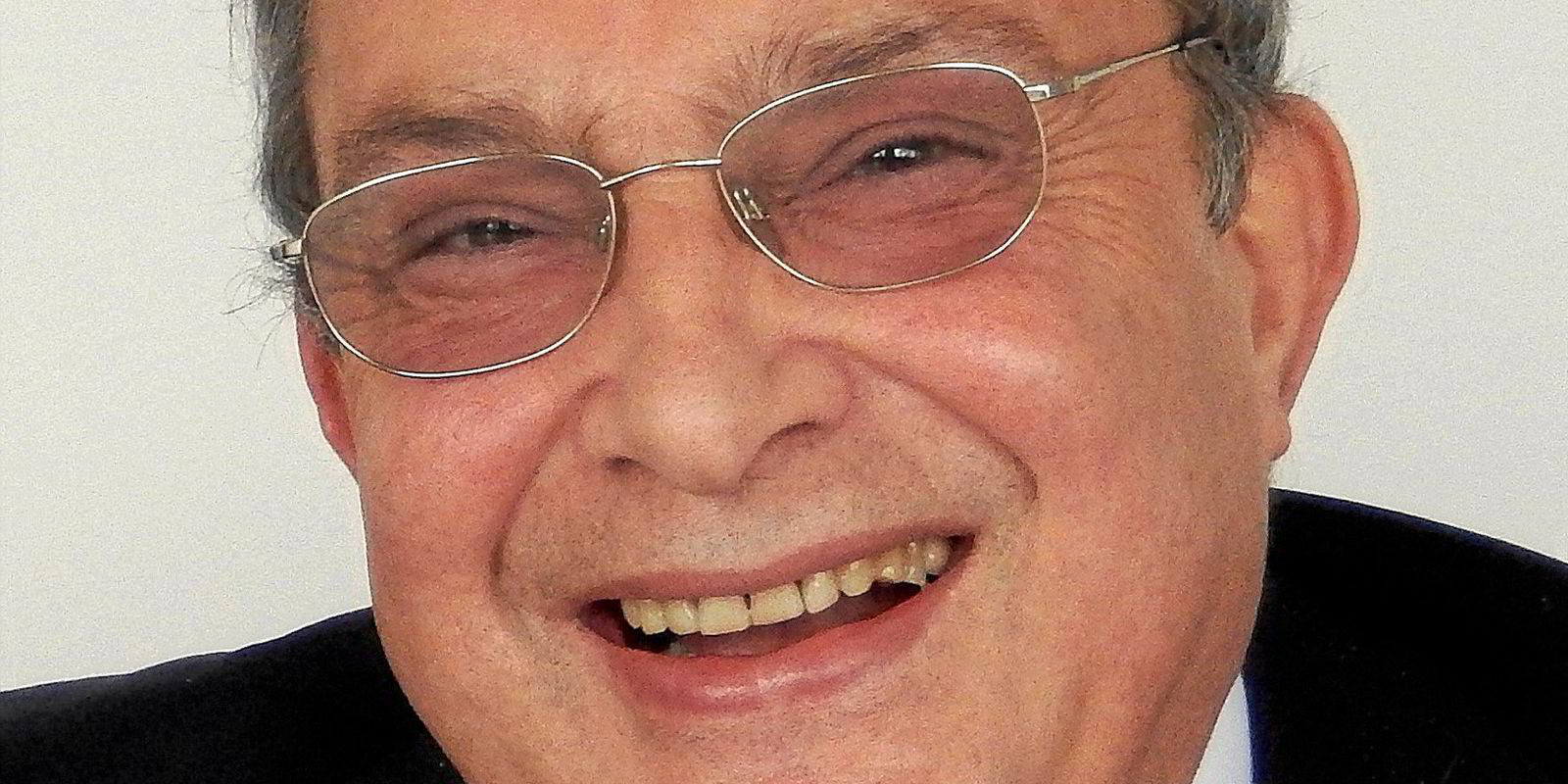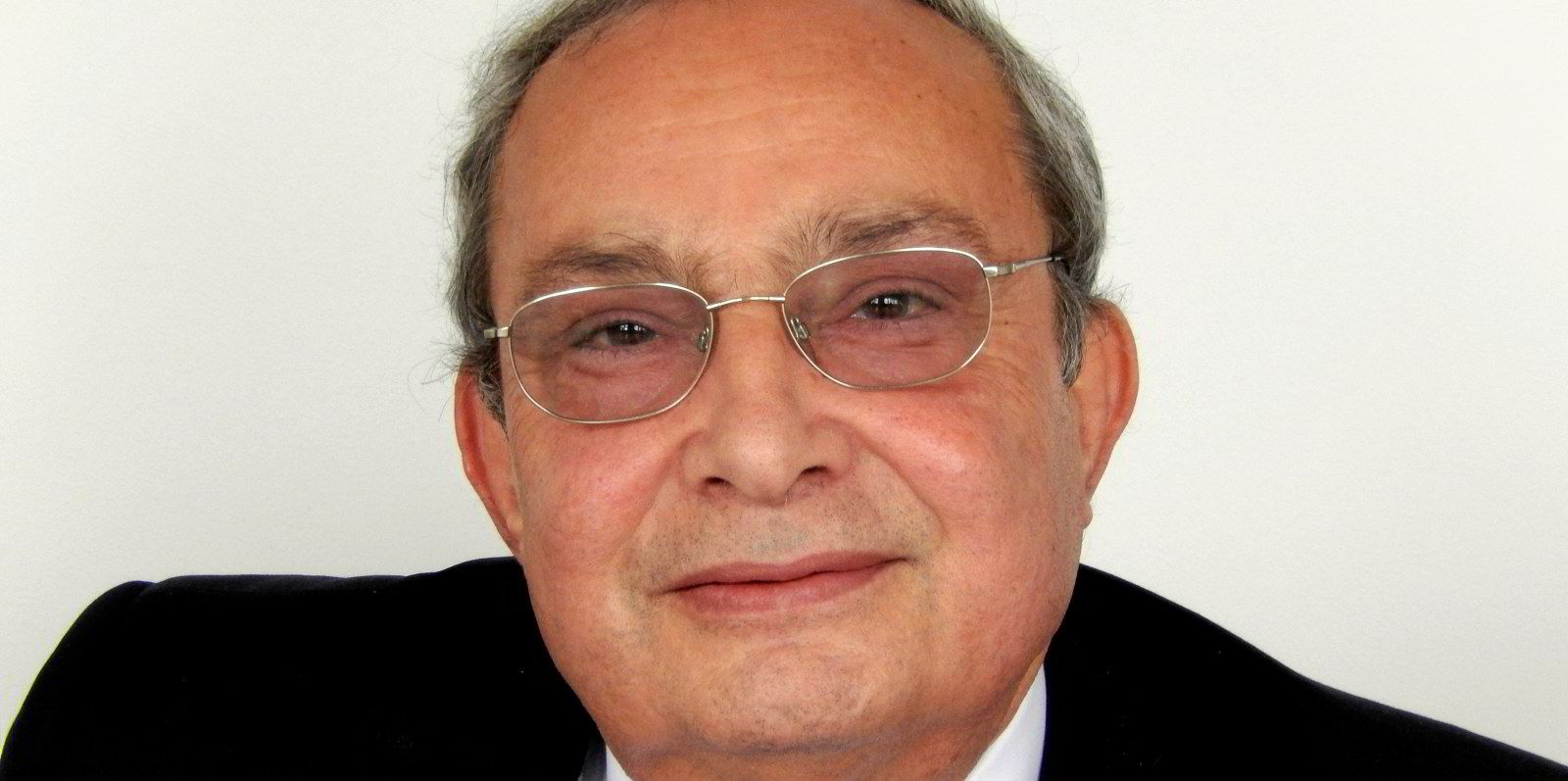Giuseppe Bono — who headed Italian shipbuilder Fincantieri for two decades — has died.
He passed away seven months after stepping down as chief executive, a post he held until he was 79 years old in May.
His death brought an immediate tribute from the Trieste-headquartered Fincantieri, which praised Bono as “a great leader” who had contributed significantly to the relaunch of Italian shipbuilding.
He was a man “with ability, competence and passion”, added Mario Mattioli, president of the Italian shipowners association Confitarma.
“We will miss his brilliant insights and candidness, which was tempered with great humour. We share the pain of his family,” Mattioli said.
Bono was a towering figure in Italian shipbuilding, helped build Fincantieri into the dominant force in cruise ship construction.
He came to the industry late in life, joining Fincantieri from aerospace company Finmeccanica in 2002.
Bono, who was replaced by Pierroberto Folgiero as chief executive, told Italian newspaper L’Espresso at the time that his mandate was not being renewed by the government due to his age, adding that he “respected” the decision.
Far-sighted vision
“Giuseppe Bono has developed and pursued a courageous and far-sighted vision,” Folgiero said in a joint statement with Fincantieri chairman Claudio Graziano.
“Constantly focused on people, he has always faced the toughest challenges and pursued the interest of the country.
“The respect for work as a primary value was his distinctive feature and the heart of his action.”
During his tenure, Bono expanded the group overseas and in 2014 took Fincantieri onto the Italian stock exchange.
He helped the company build up a huge backlog of cruise vessels for the major players. Fincantieri has around a 40% share of the market. It is also involved in offshore vessels through the Vard yard group and has naval interests as well.
Today, Fincantieri has a €24.1bn ($24.9bn) backlog of orders across the cruise, naval and offshore sectors, including 28 cruise vessels for delivery through to 2026 and beyond.






